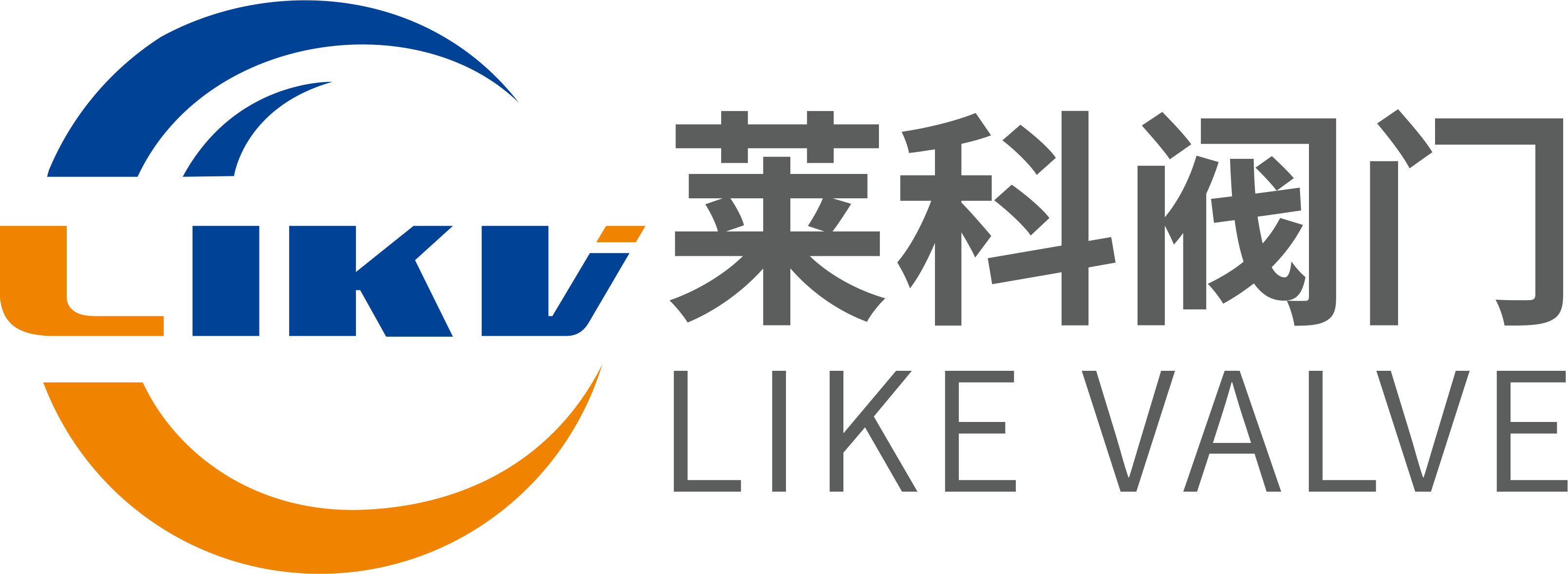The San Francisco Bay Area’s rail system took the controversial step of banning cell phones during the protests, with devastating results. Now, the FCC says the agency will investigate Bay Area Rapid Transit’s new “cell service interruption policy,” which promises more temporary mobile service disruptions under “exceptional circumstances.”
“On August 11, 2011, BART made a significant response to legitimate concerns raised about wireless service disruptions,” FCC Chairman Julius Genachowski said in a press statement Thursday. But, he added, “the legal and policy issues raised by the types of wireless service disruptions involved are significant and complex.”
As a result, Genachowski said, commission staff will study the issue to “consider the limitations of the Communications Act, the First Amendment, and other laws and policies on potential service disruptions.” There seems to be some sort of process under way, possibly notification of investigation. In the middle.
Sure enough, on Aug. 11, 2011, during a demonstration to protest the shooting of several riders by BART police officers, BART cut off cell phone access, sparking a riot. The blockade sparked outrage from Anonymous, which publicly called for another protest five days later.
We talked about that demo. One protester told us that BART’s move was “unacceptable.” “In Egypt, Mubarak suppressed the protests, and in Tunisia, the dictator did the same to suppress the protests. This should not happen in America.”
Bart did not disrupt phone service during subsequent operations. But the agency has defended previous outages and now has new rules. The preamble to the policy explains that THE BART system is concerned with public safety and the First Amendment. Mobile phone service should be interrupted “only in the most exceptional circumstances that threaten the safety of passengers in the area”.
As a result, BART’s policy is to impose “temporary shutdowns” on mobile devices on its system simply to:
The policy advisory concluded that any judgment to impose such a blockade must be part of a decision that “the public safety benefit outweighs the risk of undermining public safety”.
Note that the use of the modifier “imminent” before the phrase “illegal activity” suggests that BART will turn off cell phone access not only when it thinks something bad is about to happen, but also when something it deems unacceptable is about to happen. Here’s how the railways define “special circumstances” :
Strong evidence of the use of mobile phones (I) as means of explosion; (ii) assist in violent criminal activities or endanger passengers, employees or other members of the public in the area, for example in a hostage situation; (iii) damage school district property or substantially disrupt public transportation service plans or attempt to facilitate for a specific purpose.
During the second demonstration, we noticed some protesters standing between the doors of the outgoing BART train. Clashes between BART police and demonstrators delayed flights for several minutes. One big question is whether the MRT will define it as a “significant disruption to public transport services.”
As expected, the ball has reached the FCC’s court. Section 333 of the United States Code makes it very clear. No person shall knowingly or maliciously interfere with or interfere with radio communications of any radio station authorized or authorized by the United States Government or operated by the United States Government under this chapter.
But Genachowski’s comments suggest that he or his staff see some leeway in the matter. “Substantial and procedural obstacles must be cleared to allow or recommend interruption of communications services,” the FCC chairman said.
The statement also said the committee’s review of the dilemma would include “an open, public process to provide guidance on these issues.” Because this is a big deal, as the San Francisco bay area rapid transit system board chairman Bob franklin said in his press statement, regardless of the San Francisco bay area rapid transit system and to achieve what kind of reconciliation between the federal communications commission (and survived in the litigation), finally can become the public transport system model of mobile phone interrupt.
“This policy, along with comments from the FCC and the ACLU, will provide a groundbreaking model for our nation to follow for other public agencies that will inevitably face similar dilemmas in the future,” Franklin promised.
Post time: May-24-2022




